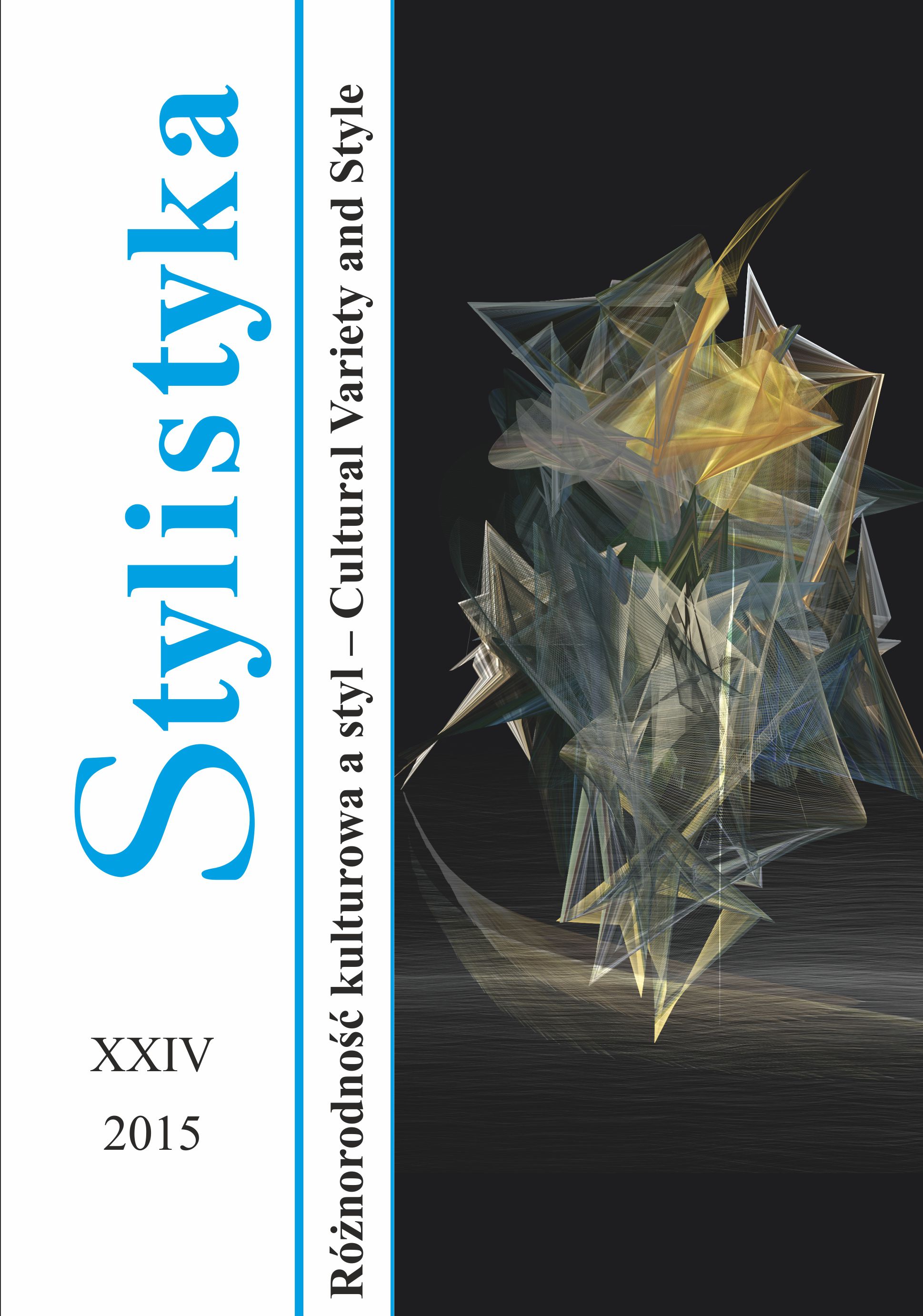OSOBITOSTI RECNICKEJ KULTURY NA SLOVENSKU. SONDY DO PREZIDENTSKEJ KAMPANE 2014
Particularities of rhetorical culture in Slovakia. Exploring presidential campaign in 2014
Author(s): Oľga Orgoňová, Alena BohunickáSubject(s): Language and Literature Studies, Philology
Published by: Uniwersytet Opolski
Keywords: speech culture; cultural particularity; linguistic nonchalance; social-stylistic value
Summary/Abstract: The starting point of our theoretical reflexions about the influence of important persons’ speeches on the Slovak public is connected with the term cultural particularity, following the language behaviour of speakers (presidential candidates), anchored in Slovak cultural milieu in spring 2014. Taking into consideration the idea of discourse psychology of R. Harré and G. R. Gillet saying that the human thinking is non-formal and, in the same time, sensitive to the context of real word, we admit the linguistic claim, which underlines the conditionality of language understanding by understanding of any discourse happening (including people acting in different situations, reproducing and developing themselves as socio-cultural creatures) – cf. Dolník, 2010, p. 60. The particularities of the topical rhetorical culture of presidential candidates in contemporary Slovakia emerge from lingual as well as from non-lingual factors. As for the lingual factors, the speech culture is embedded in the language situation, dominated by the codified “literary language”, which is reserved for representative public speeches taking advantage of linguistic nonchalance (however, it doesn’t mean the total exclusion of neglectful expressions, able to attract some positive effects). The “authorised” carelessness interrelates especially with youth social dialect, as well as with specific pronunciation typical for the region of Bratislava (which is permitted to young candidate R. Procházka, whereas older candidates try to avoid it). The topical public rhetorical culture of Slovakia has also specific axiological topoi, nourishing the confrontations in dialogues as a universal feature of interactions in its’ current politics. It concerns such moral values as traditional family life, Christian religion, distance from the communist identity and from corruption.
Journal: Stylistyka
- Issue Year: 2015
- Issue No: XXIV
- Page Range: 75-86
- Page Count: 12
- Language: Slovak

